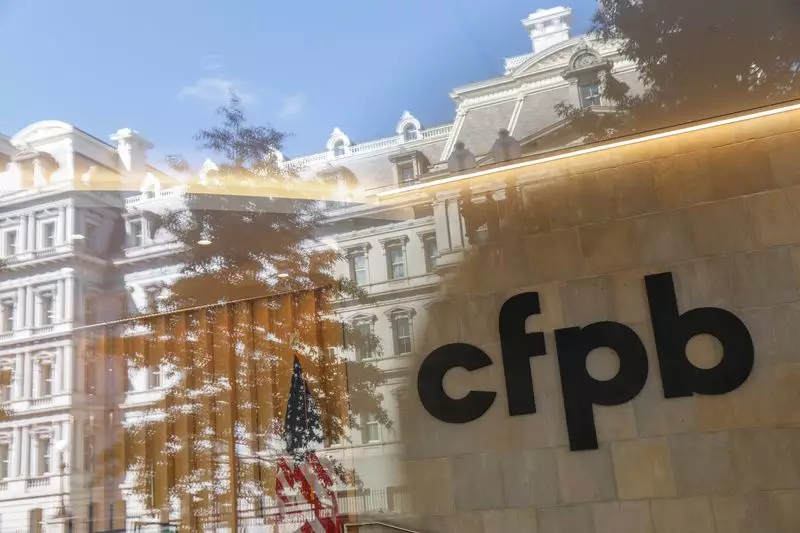In a recent ruling that sparked heated debates, a federal appeals court in the U.S. found that a Texas judge made an incorrect decision by transferring an industry-backed lawsuit challenging an agency rule on credit card late fees to another court in Washington, D.C. This decision has brought to light the controversial practice of “judge shopping” in the legal system, where litigants strategically choose courts with sympathetic judges to hear their cases.
The New Orleans-based 5th U.S. Circuit of Appeals, in a tight 2-1 vote, sided with business and banking groups who initiated the lawsuit in Fort Worth, Texas, a known hotspot for litigants contesting policies of the current administration. This ruling was a significant win for industry groups such as the U.S. Chamber of Commerce and the American Bankers Association amidst ongoing discussions on how to address the issue of judge shopping.
The case at the center of the controversy involved a rule by the U.S. Consumer Financial Protection Bureau (CFPB) aimed at regulating credit card late fees. The agency argued that these fees were excessive and cost consumers billions of dollars annually. The rule imposed a cap of $8 for late fees on credit card issuers with over 1 million accounts unless they could demonstrate the need for higher charges to cover costs.
Rather than ruling on the business groups’ plea to block the CFPB’s rule, U.S. District Judge Mark Pittman decided to transfer the case to a judge in Washington. This move came after the U.S. Judicial Conference implemented a new policy to curb judge shopping in cases involving challenges to federal or state laws. The business groups, however, contested this decision and filed an appeal challenging Pittman’s authority to transfer the case based on the previously denied request to block the rule.
The appellate court judges were divided in their opinions on the matter. U.S. Circuit Judge Don Willett, along with U.S. Circuit Judge Andrew Oldham, supported the appeal, arguing that once a party contests a trial judge’s decision, that judge should not have the jurisdiction to make any alterations to the case. On the other hand, U.S. Circuit Judge Stephen Higginson dissented, highlighting the importance of district court discretion in managing dockets and preventing forum shopping.
The lawsuit has since been transferred to a judge in Washington, a location outside the jurisdiction of the 5th U.S. Circuit of Appeals. The outcome of this case and the ongoing debate around judge shopping will continue to shape the legal landscape in the U.S., raising questions about the integrity of the judicial system and the need for reforms to address this contentious practice.

